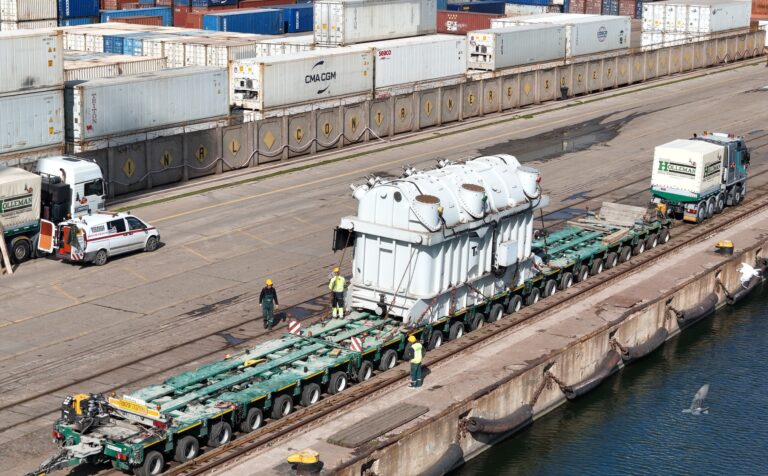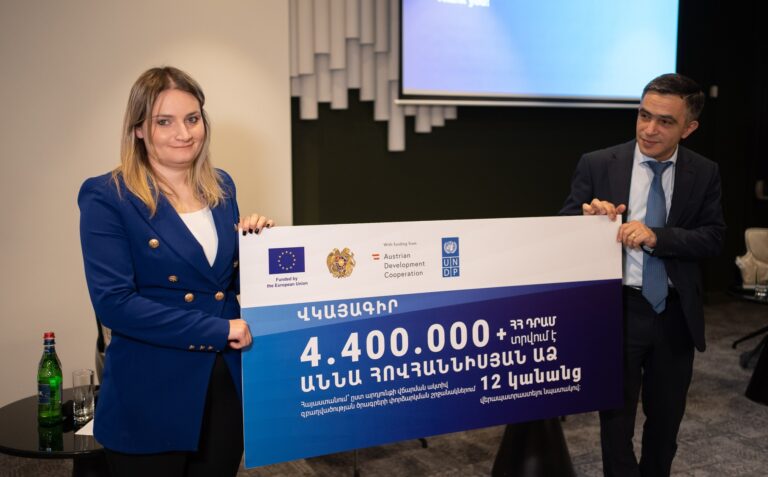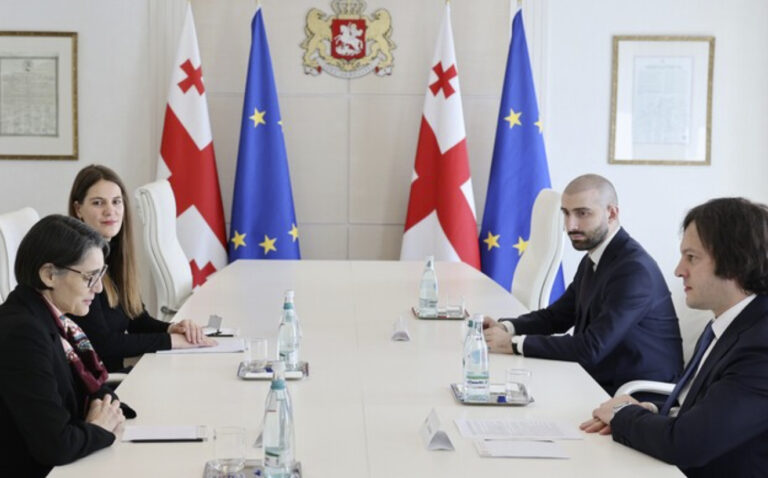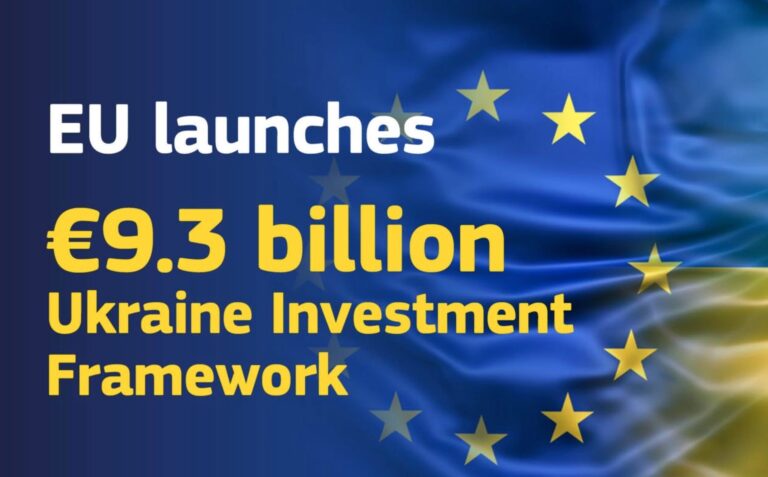
EU adopts package of sanctions in response to Russian recognition of Ukraine’s breakaway regions and sending of troops
On 23 February, the Council of the European Union adopted a package of measures to respond to the decision by the Russian Federation to recognise the non-government controlled areas of the Donetsk and Luhansk oblasts of Ukraine as independent entities, and the subsequent decision to send Russian troops into these areas.
“Such decisions are illegal and unacceptable. They violate international law, Ukraine’s territorial integrity and sovereignty, Russia’s own international commitments and further escalate the crisis,” said Josep Borrell, High Representative of the European Union for Foreign Affairs and Security Policy.
The EU sanctions will target all the 351 members of the Russian State Duma, who voted on 15 February in favour of the appeal to President Putin to recognise the independence of the self-proclaimed Donetsk and Luhansk “republics”.
Moreover, restrictive measures will be imposed on an additional 27 high profile individuals and entities, who have played a role in undermining or threatening the territorial integrity, sovereignty and independence of Ukraine. These include decision makers such as members of the government, who were involved in the illegal decisions; banks and businesspersons/oligarchs supporting financially or materially Russian operations in the Donetsk and Luhansk territories, or benefitting from them; senior military officers, who played a role in the invasion and destabilisation actions; and individuals responsible for leading a disinformation war against Ukraine.
Restrictive measures include an asset freeze and a prohibition from making funds available to the listed individuals and entities. In addition, a travel ban applicable to the listed persons prevents these from entering or transiting through EU territory.
New measures will target trade from the two non-government controlled regions to and from the EU, to ensure that those responsible clearly feel the economic consequences of their illegal and aggressive actions. The Council’s decision will introduce in particular an import ban on goods from the non-government controlled areas of the Donetsk and Luhansk oblasts, restrictions on trade and investments related to certain economic sectors, a prohibition to supply tourism services, and an export ban for certain goods and technologies.
The Council also decided to introduce a sectoral prohibition to finance the Russian Federation, its government and Central Bank. By restraining the ability of the Russian state and government to access the EU’s capital and financial markets and services, the EU aims to limit the financing of escalatory and aggressive policies.
Find out more
MOST READ
SEE ALSO

EU Civil Protection Mechanism delivers powerful transformer to Ukraine

EU supports project creating employment opportunities in Armenia

Voice Your Vision: Young European Ambassadors take part in European Forum of Young Leaders in Warsaw

Recently appointed Head of EU Monitoring Mission meets with Georgian Prime Minister

Investments for recovery: EU sets up Investment Framework under its Ukraine Facility
More campaign pages:
Interested in the latest news and opportunities?
This website is managed by the EU-funded Regional Communication Programme for the Eastern Neighbourhood ('EU NEIGHBOURS east’), which complements and supports the communication of the Delegations of the European Union in the Eastern partner countries, and works under the guidance of the European Commission’s Directorate-General for Neighbourhood Policy and Enlargement Negotiations, and the European External Action Service. EU NEIGHBOURS east is implemented by a GOPA PACE-led consortium. It is part of the larger Neighbourhood Communication Programme (2020-2024) for the EU's Eastern and Southern Neighbourhood, which also includes 'EU NEIGHBOURS south’ project that runs the EU Neighbours portal.

The information on this site is subject to a Disclaimer and Protection of personal data. © European Union,







